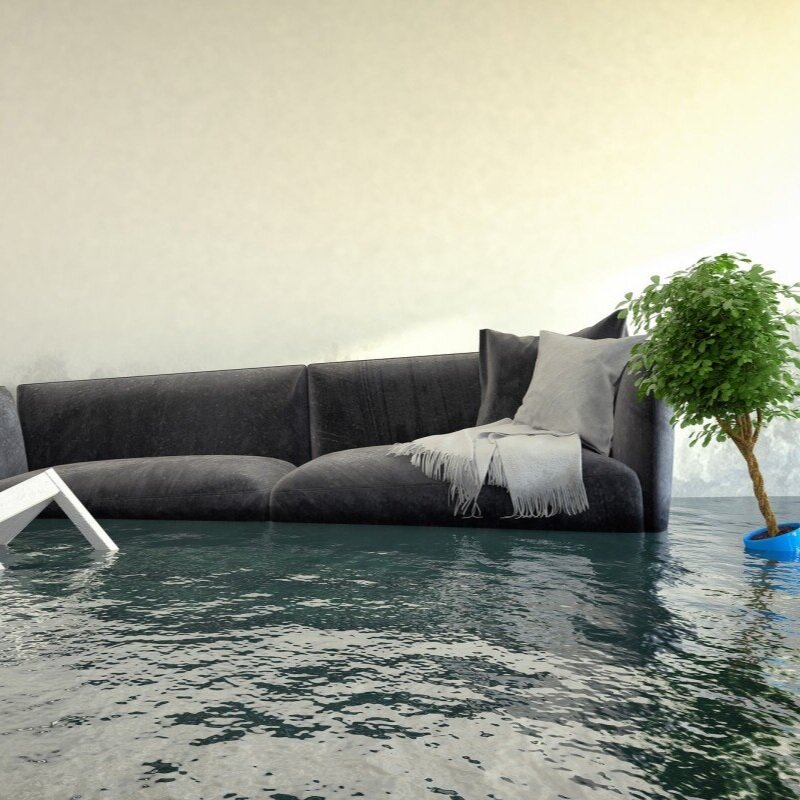Dangers of a Leaking Water Heater
Water leaks are an inconvenient and expensive problem that can lead to damage in your home. In addition to all this, a leaking water heater can also be hazardous. In this article, we'll explain the dangers of a leaking water heater and show you how to deal with the problem safely and without spending too much money on it.
What are the dangers?
One danger that goes without saying is property damage. The leaking water can cause damage to the floor and walls and even cause mold to grow. In the worst-case scenario, the water may even make its way to the house foundation and weaken it.
Another way a leaking water heater can lead to property damage is further damage to the heater itself. If a damaged heater gasket causes the leak and it's not replaced in time, the whole heating element could break.
If the leak comes from a broken or rusty pipe, it could present a serious health concern. In that case, the water would be exposed to rust, bacteria, or other contaminants and absorb them. This contaminated water could spread throughout the household and expose the inhabitants to bacteria, chemicals, or metals.
A worst-case scenario would result from excessive water temperature, pressure, or a faulty relief valve. The valve is designed to release water if the pressure builds up too high so that the tank could explode without relief. These explosions are hazardous, could be life-threatening, and the material damage would be immense, even if no one is harmed.
How to resolve the problem?
If you don't want to call someone to service it or all options are too expensive, you can remedy the leak yourself. Here's the full method to do that correctly and with safety in mind:
First, confirm the leak. The water heater is surrounded by other pipes and installations that could be faulty and it might only seem that the heater is leaky. Water might also appear on the floor due to condensation. It would be best to clean the water and observe if a puddle forms again. If it doesn't, there's nothing to worry about, but if it does, proceed to the next step.
Turn off the power source and the water. For electric heaters, you'll need to switch off the breaker in the breaker box. For gas heaters, find the switch or dial on the heater and turn it off. To turn the water off, use the valve located right above the heater.
Determine the source of the leak. It may be caused by loose fittings on your cold and hot water connections – in this case, it might be enough to tighten or replace them.
See if there are any leaks near the T&P valve – this valve controls the tank's temperature and pressure. If that's the source, you can easily replace it, but first, check if the valve is releasing water and steam – it might be working correctly, and if so, you'll only need to lower the pressure and temperature.
Check the drain valve at the bottom of the tank. If the leak is coming from it, the valve can be replaced quickly and easily.
If none of this is the leak source, the problem most likely lies in the tank. In that case, the only solution is to replace it. Call a qualified plumber to make replacement easy and safe.
Frontier Plumbing of Las Vegas has over three decades of experience offering water heater repair or replacement, water filtration, water softeners, shower valves and trim, and garbage disposal services. Our certified and experienced plumbers guarantee excellent workmanship at competitive prices. Call 702-602-6705 today!

